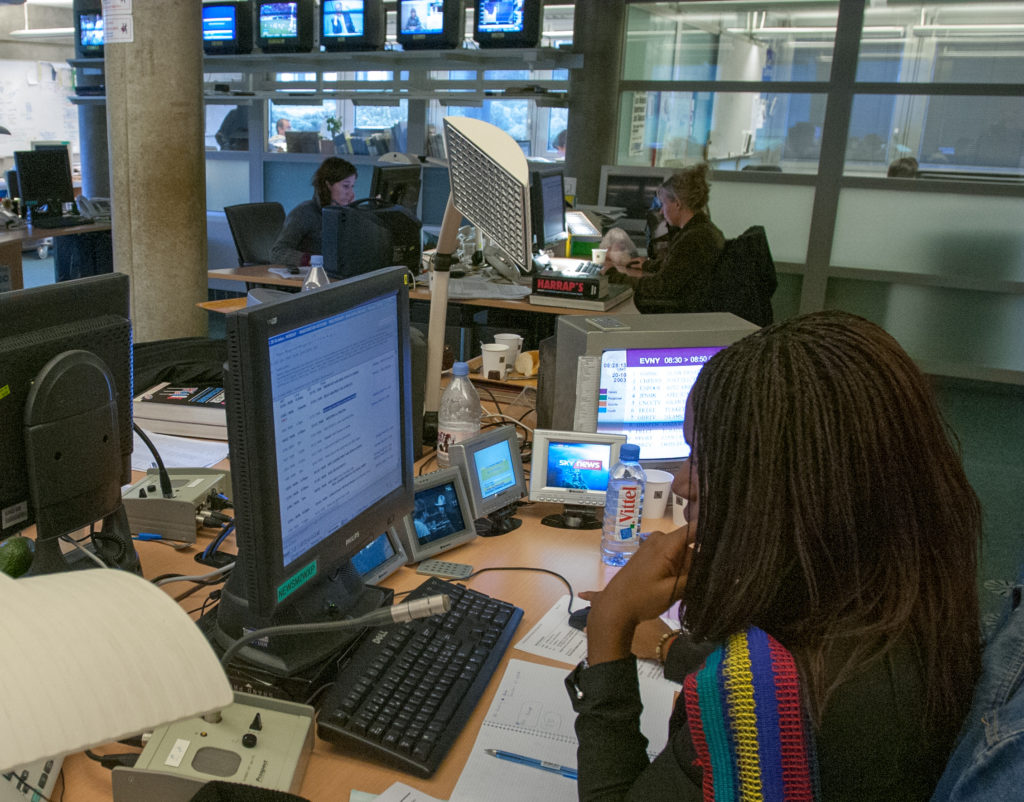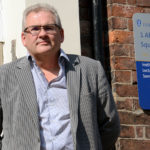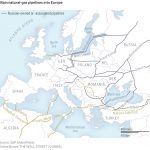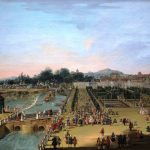A European success story

The Eurovision News Exchange, the first one of its kind, was agreed upon by European broadcasters and started on 28 September 1961.
The EBU
The European Broadcasting Union (EBU) is an alliance of public service broadcasters (e.g. ARD, BBC, RAI, etc) with a total of 115 member organisations in 56 countries at the time of writing.
EBU members share many activities, which include: exchanging news and programme content, collaborate on legal matters and elaborate technical standards.
Public service broadcasting and the news exchange
Providing a news service is part of the core mission of public broadcasters.
Broadcasters still adhere to some variation of ‘educate, inform, and entertain’ – the remit first articulated by John Reith (Managing Director, then Director General of the BBC, 1922-1938).
Covering TV news requires considerable resources: editorial and technical personnel, technical equipment and sizeable premises. Of all this is expensive and budgets have always been tight – whether 1960 or 2021.
Eurovision News Exchange
If only each broadcaster could focus on its national coverage, while relying on partners abroad to provide overseas material, they could all benefit from a vast pool of news items – while saving money. This led to the establishment of the first news exchange in the world, on 28th September 1961 – on a non-commercial basis. Participants only pay for the operating costs, while news material is exchanged on the basis of reciprocity.
Why does it matter?
Since that first day in 1961, European TV audiences have been receiving a steady supply of news from all around the continent and the world, thanks to the complex, advanced organisation called EVN. Europeans were getting used to living with each other as citizens and neighbours, no longer as enemies and the daily flow of news items made a difference. In 1961, every adult European still remembered the war, which had finished only 16 years earlier.

When travel across the continent wasn’t as common as it is today, Europeans could see every day in their news bulletin what our leaders, but also normal people, were doing in Amsterdam, Helsinki or Rome. Even more relevant, while western Europe was getting used to living together, the Iron Curtain had just finished sealing off Eastern Europe, with barbed wire, minefields and the wall zig-zagging across Berlin and the European continent for the next three decades. It also scarred minds, as many people saw family, friends and people just like them locked away, unable to travel and enjoy the improving western European quality of life.

The EVN has been operating continuously for the last 60 years, meeting every challenge since that day, as it continues doing it now, in a news environment moving ever faster. The Eurovision News Exchange linking since 1961 the newsrooms of public TV members, exchanges on average 120 news items a day and operates three channels for live news transmissions, covering events around Europe and the world.
To quote the current EVN managers: “Its activity has expanded well beyond the daily exchange of live and edited news actualities to include eyewitness news verification, digital news recommendation and monitoring tools, exchange of podcasts and audio content, data journalism.”
The need has never been greater
But there are challenges as well – the major one, sixty years after the first Eurovision News Exchange, being the decline of democracy and misinformation:
“The need for strong public service media has never been greater,” says Noel Curran, Director General, EBU. “Anyone can ‘report’ breaking news by uploading footage and gaining a global audience in seconds. This has transformed news consumption but brings with it a prevalence of misinformation and deliberate fake news. The results can have dreadful repercussions for stable, elective democracies.
…[Curran calls for the] protection of transparent and trusted news, reflecting a range of opinions and views. “News that reflects diversity of thought and opinion, subject to rigorous editorial processes of accountability and verification, ensures accurate, trusted content that supports democratic societies.”
Noel Curran, Director General, EBU
| News Exchanges around the World The Eurovision News Exchange model spread around the world, as it was adopted by ASBU (Arab States Broadcasting Union) in the Arab world, by ABU (Asia-Pacific Broadcasting Union) in Asia and by URTNA (Union des Radiodiffusions et Télévisions Nationales d’Afrique) in Africa. With the exception of the Americas, which opted for the commercial model, although most broadcasters have operating agreements with the EVNs. |
| Equal opportunity employer The Eurovision News Exchange has always had a high percentage of female employees and, currently, its top managers are female. An equal opportunity employer, long before the concept became fashionable. |

| The great unknown If the Eurovision News Exchange is so important, you may wonder why you never heard about it, even if you are a media professional? It’s a highly specialised activity and, although it is covered occasionally by colleagues in the media, it’s not exactly a household name. On the other hand, ask anybody in Europe and beyond about Eurovision and they will answer: the Eurovision Song Contest – but that’s a different story and my colleague Emanuele is much better placed to tell you about it. |
Author Profile

- Piotr Azia, Polish-Italian, I feel more European than anything else. My contributions range from the media to culture, the environment and geopolitics – and any subject that may merit discussing from a liberal point of view. I also organise ELfR webinars – get in touch if you have a subject you’d like to discuss or see included in future
Latest entries
 Uncategorized28/09/2022ELfR webinar 19:30 CET 10 October: Northern Ireland and the Protocol: Who is going to protect the ecosystem?
Uncategorized28/09/2022ELfR webinar 19:30 CET 10 October: Northern Ireland and the Protocol: Who is going to protect the ecosystem? Economy20/03/2022Can Europe survive without Russian gas and oil?
Economy20/03/2022Can Europe survive without Russian gas and oil? European Culture23/12/2021European Culture: Aranjuez
European Culture23/12/2021European Culture: Aranjuez Poland18/12/2021Polish parliament targets TVN with media law
Poland18/12/2021Polish parliament targets TVN with media law
Post Disclaimer
The opinions expressed by the author of this post do not necessarily represent the opinions and policies of ELfR.

